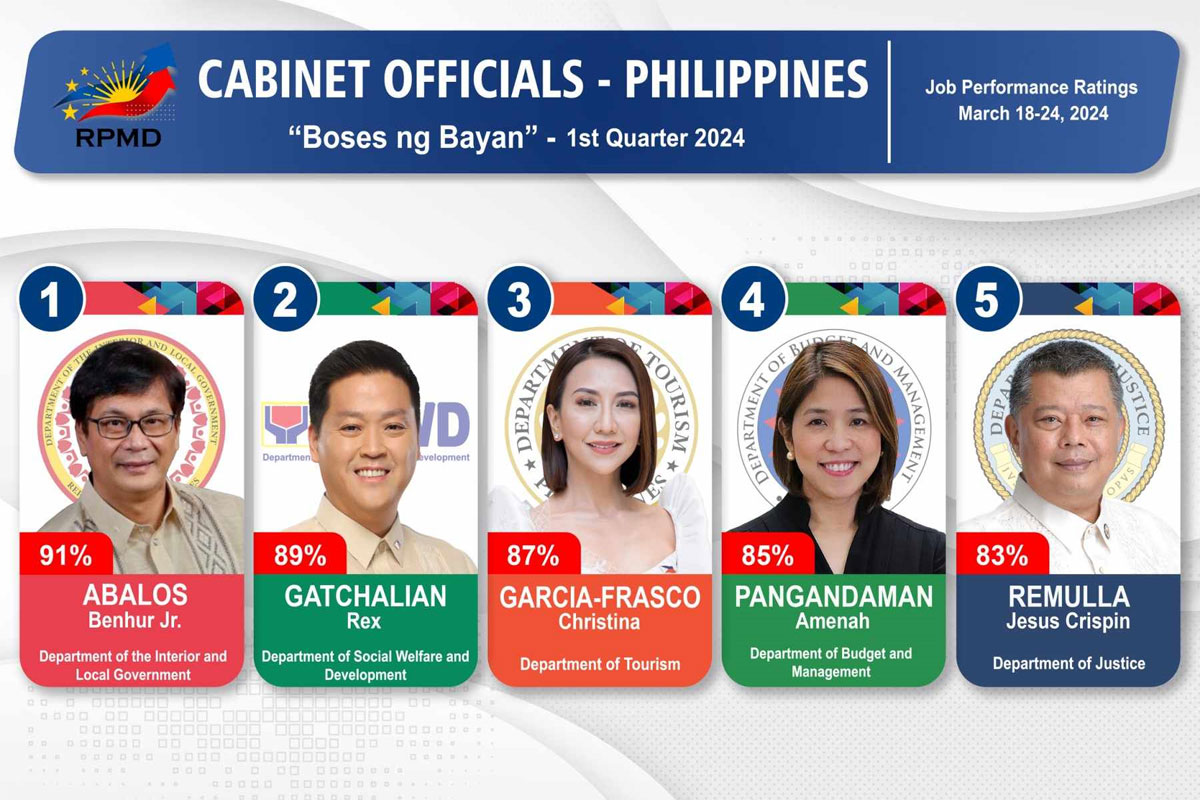
Kadiwa store expansion to benefit farmers, consumers – Roman
BATAAN 1st District Representative Geraldine Roman on Friday said expanding the scope of the “Kadiwa store” project will be good for both farmers and consumers.
Roman, a member of Lakas-Christian Muslim Democrats (CMD), said the Kadiwa system enables the public to buy goods at cheaper rates, and the farmers would make it possible to earn from their harvests without passing the burden of high costs to buyers.
“What we experienced during the pandemic should be a lesson learned in terms of logistics and supply chain planning,” Roman said as she pushed for the swift passage of House Bill (HB) No. 5601 to be known as the “Magna Carta for Agricultural Workers and Revitalized Agriculture Value Chain of 2022.”
In her proposed measure, Roman, chairperson of the House Committee on Women and Gender Equality, said Kadiwa is institutionalized as the government arm to buy directly to agricultural workers, ensuring a rate of return that would allow them to live comfortably and still have the possession to engage in a revitalized agriculture value chain.
“The value chain addresses supply chain gaps within the agriculture industry and develops an alternative market for domestically produced agricultural goods completely dedicated to maximizing the economic benefit of both producers and consumers,” Roman, champion of equal opportunity to all Filipinos, stated.
The legislator from Bataan said her bill sets up an infrastructure map by providing resilience in case the supply chain is compromised by natural or man-made calamities.
“We need to transform agriculture to a sustainable and diversified sector to ensure economic recovery, reduction of poverty, and food security,” Roman said, adding that without agriculture, there is no food. Agriculture is both production and price.
In her bill’s explanatory note, Roman said the country’s workforce can be classified into three major groupings: Services, Industry and Agriculture. “But agriculture provides our country’s needs and our security. Agriculture constitutes 25 percent of the total labor force, which is mostly at the threshold of poverty. Industry stands at 1 percent, and Services contribute 57 percent to the labor force of the country,” she explained.
“The Philippines was an agricultural country which had its growth years the late 60s to early 70s. The last time we were able to attain an agricultural surplus was in 1993. By then, the Philippines had joined the World Trade Organization (WTO). The promises were agriculture will flourish and about 500,000 new jobs per year will be generated,” Roman said, adding that the membership from the WTO led to economic decline, incurred trade deficit, and started dependency on importation.
In addition, the solon said locally, the share of agriculture to Gross Domestic Products (GDP) shrank, plus the failure to adapt to diversity in agriculture, forestry, and fishery production limited the chances to effectively compete to the potential of growing local and international markets. Agriculture contributed 10% of GDP in the first quarter of 2022, while Industry was at 28% and Services at 61%.
“Agriculture is very important to the domestic economy. Hence, agricultural workers should be given all the rights beneficial to them and their families from the production and selling of their produce. Agriculture workers should be treated equally as all other workers as a minimum condition to work and employment,” the lady legislator said.
Under the revitalized agriculture value chain, the production of agricultural products shall be the responsibility of the Department of Agriculture (DA), while processing, packaging, marketing, and trading shall be under the Department of Trade and Industry (DTI), specifically through Kadiwa markets and outlets.
The principles of equal opportunity drive what this legislative measure seeks to achieve, Roman added.



















